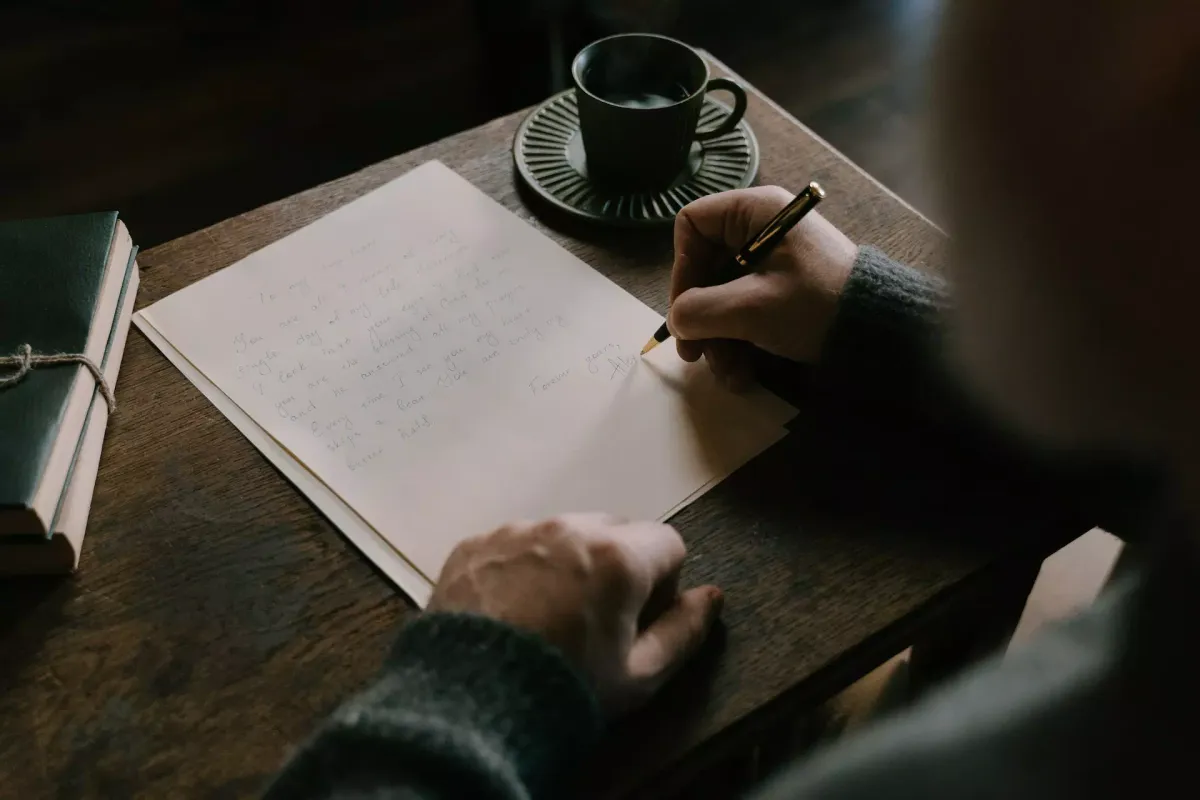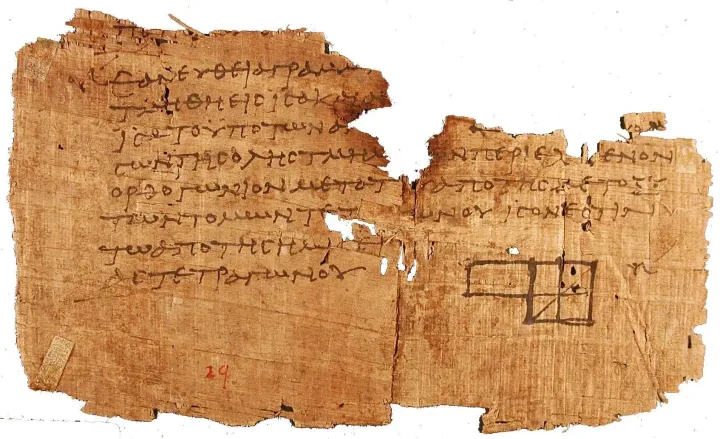A Pilgrim’s Progress
Poets in motion

Recently, I learned that some writers of prose—whether fiction, non-fiction, or both—started out strictly as poets. To state it more precisely: this progression occurs more often than I had first realised.
When it comes to the written word, I have historically thought of myself as a poet first. Writing essays or short stories were not activities I ever thought I would pursue willingly.
Discovering writers who had made the transition from poetry to prose was sufficient for me to think this a feasible course of action. Perhaps it is somewhat true that, as humans, we need permission—in the Girardian mimetics sense—to do something, in the form of another person doing it first.
One writer who happened to do things in this order, Natalie Goldberg, was once asked about one of her essays. The questioner suggested that the work seemed to be a “lyric essay,” defined as a sort of hybrid form combining elements of poetry, essay, and memoir.
In answering this query, Goldberg said that she had been, first, a poet. She further reflected that, as a painter, she also thinks of writing as a visual art, and that an essay or poem can be thought of as another type of painting. I found this perspective insightful.
At times, I find myself writing pieces which could be described as lyric essays, although I do not typically think of them as such. For me, it’s about the ways that topic, style, diction, tone, voice, and other elements work together to produce a specific effect—beyond whatever the work may be “about” on its surface.
As writers, we are constantly learning from everyone, including other writers. Some speak to us more directly than others. Ray Bradbury, Charles Bukowski, and Natalie Goldberg are three writers who stand out to me—and not merely in the sense that I enjoy their work. Rather, their ability to quantify their approach to the craft rings true. There are other writers whom I enjoy reading just as much, but their explanations of how and why they write (or wrote) either do not exist or do not make sense to me.
In a recent discussion about my own evolution as someone who, for years, felt at home almost exclusively writing poetry, a friend quipped: “Now that you’ve finally figured out you can write fiction—and we know damn well you can write poetry—you just need to find yourself a job writing non-fiction, and you’ll have the trifecta!”
Whereupon I demanded to know from what planet this friend had emigrated. That is another story. Maybe I will tell you about it when you are older.



 Support Us
Support Us
Comments ()